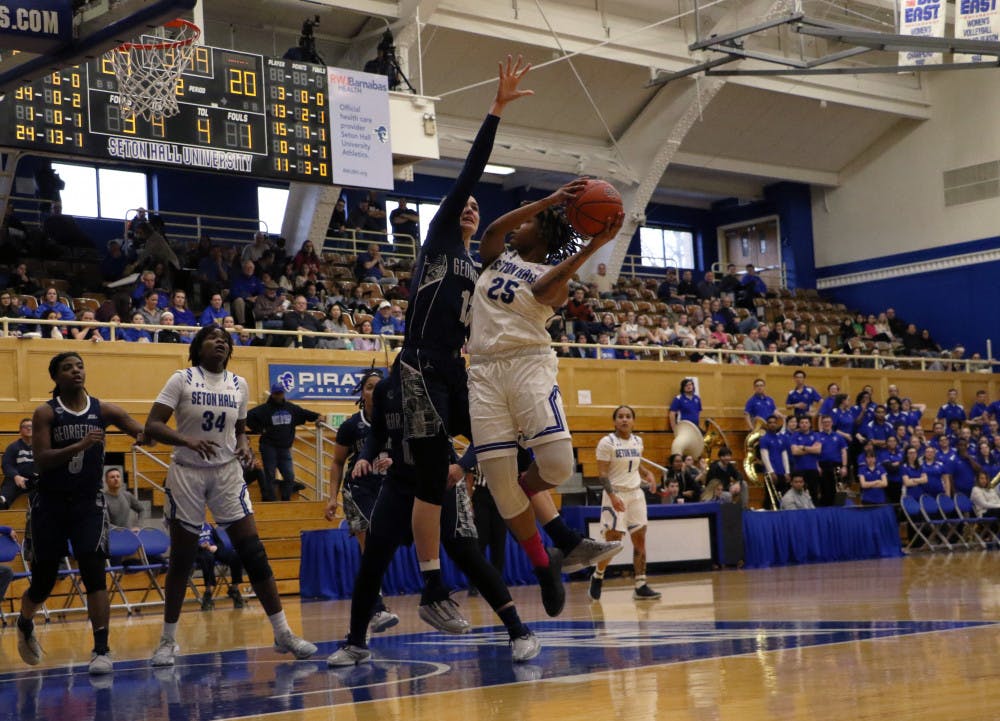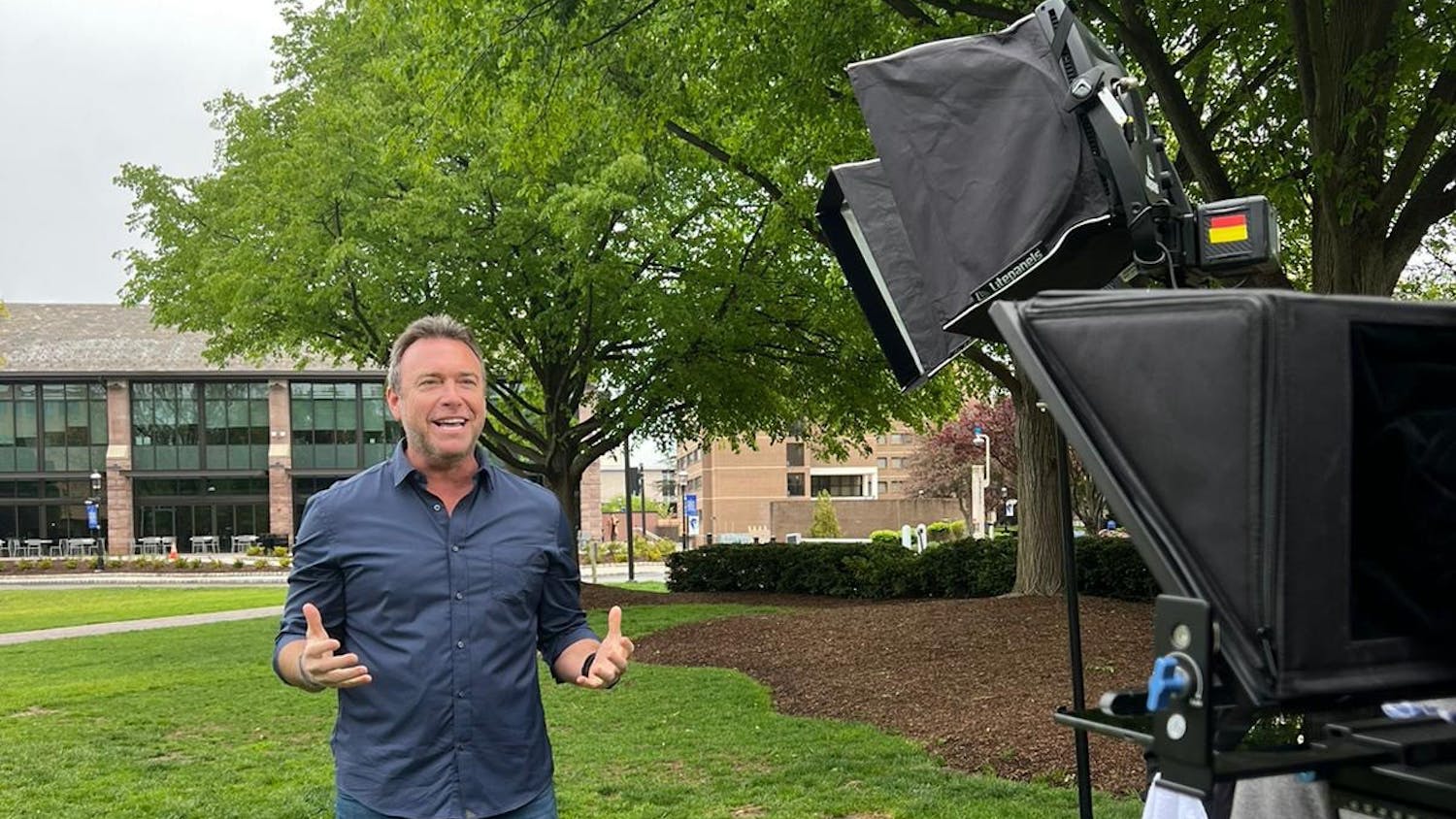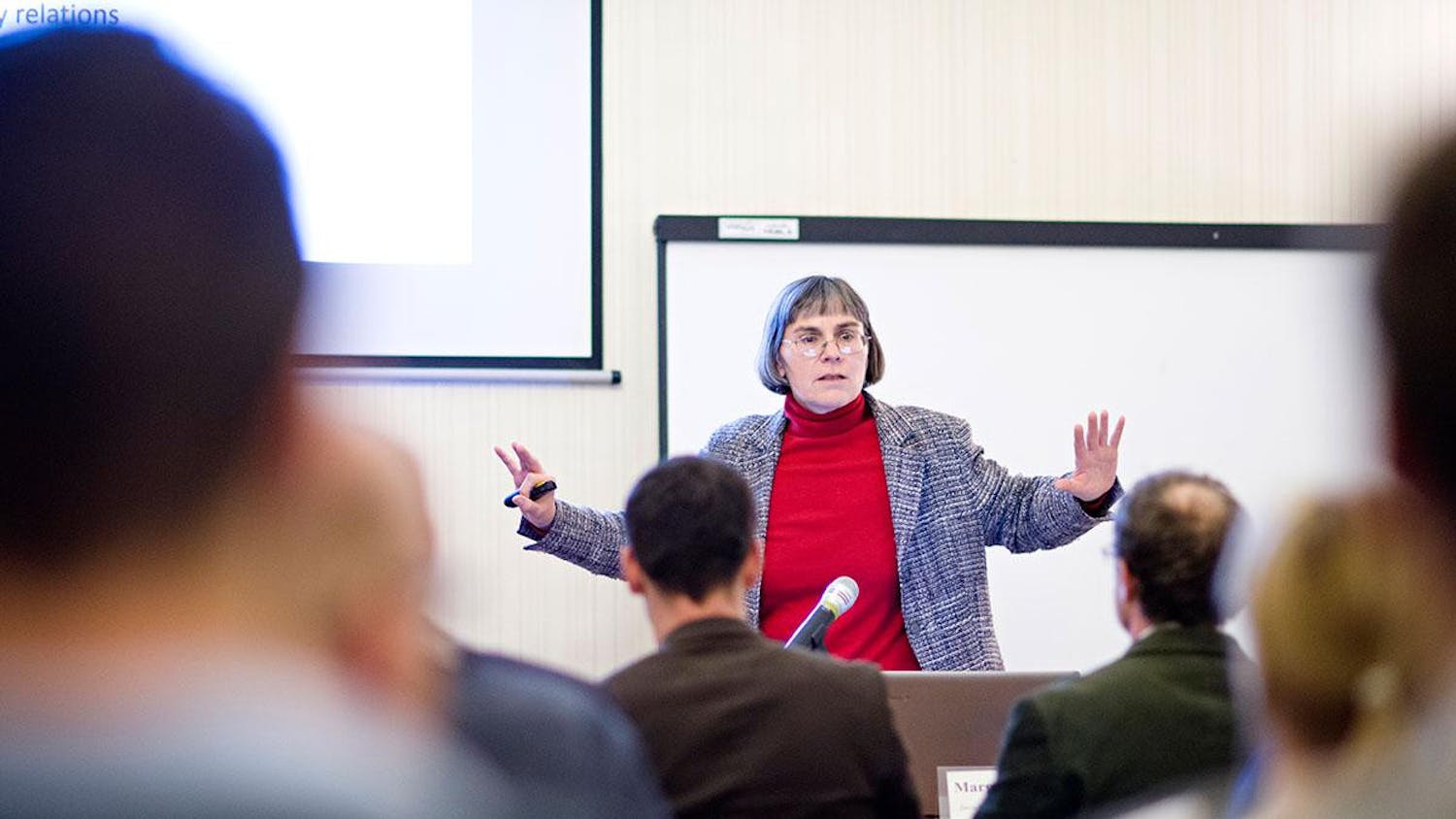We get the picture: Clint Eastwood is a respected actor and director. He's been nominated for six Academy Awards, and won Best Director twice (for "Unforgiven and "Million Dollar Baby"). So perhaps even this Hollywood great has earned the right, at the ripe old age of 81, to make a mistake.
Eastwood's latest effort, "J. Edgar," is a lengthy biography that covers the 48 years J. Edgar Hoover spent in the Federal Bureau of Investigation. Hoover rose through the department's ranks and strengthened his position as director by blackmailing presidents and social activists. He made important adjustments to the justice system, including forensic work and fingerprinting databases. It was rumored that Hoover kept secret files on many notable public figures such as John F. Kennedy and Martin Luther King, Jr. It was also rumored that Hoover was a closeted homosexual: he never married and had a close relationship with his co-worker Clyde Tolson.
Sound like a lot to fit into one film? That's the problem. Dustin Lance Black's script sounds fine as it jumps from decade to decade in non-chronological order to include dozens of moments from Hoover's life. But Eastwood directs no coherent rhythm to the way the scenes flow; nothing links them together to build to a decision about Hoover's life. The scenes are memorable vignettes at best.
Eastwood's lack of focus begs the question: why make the film? To see how well Leonardo DiCaprio can imitate Hoover's commanding growl of a voice?
DiCaprio, at any rate, gives a typically great performance – anything less would have been a disappointment. The actor, who never seems to grow any older, achieves marvels as he plays Hoover from age 20 up until his death at 77. DiCaprio is terrifically gruff when in command and heartbreaking in Hoover's private life. His best scene comes when the young Hoover relapses into the stutter that plagued him as a child and cannot regain composure until his mother (a cruel and caring Judi Dench) orders him to practice in front of the mirror.
Naomi Watts and Armie Hammer are excellent as Hoover's most trusted associates Helen Gandy and Clyde Tolson. Hammer plays Tolson very much in love with Hoover and does so with a quiet passion and nuance that is deeply touching. Watts shows her considerable range as an actress and is fine in the role, but Eastwood never gives her enough attention for the audience to discern why it is she serves Hoover with such dedication (does she just love clerical work?)
Eastwood chose to have the same actors portray their characters throughout the 20th century, so makeup and effects become a very important part of the movie. Sadly, only DiCaprio and Watts age believably, while poor Hammer's aged prosthetics are laughable.
"J. Edgar" would have fared better as a miniseries: it simply covers too much material for it to make a coherent feature-length movie. DiCaprio and the rest of the cast's talents are wasted on a film with no direction. This is a rare film by Eastwood that does not deliver everything it promises.
Erin Bell can be reached at erin.bell@student.shu.edu.





